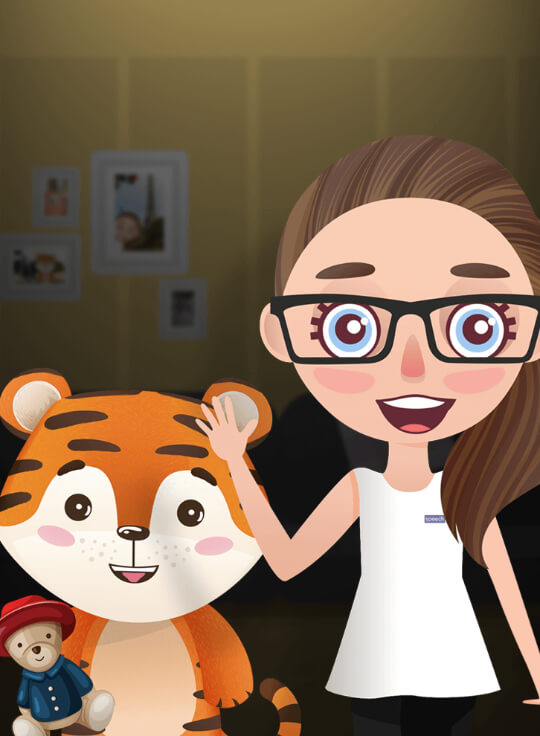Higher level language abilities are critical for social skills development and academic success
With April Fool’s Day just passing, it’s hard for speech pathologists to not think about the significance of humour. While many people do not necessarily realise, humour is actually a skill that draws upon many language areas. As a result, many children that present with language delays and disorders can have a significant difficulty both understanding and using humour with their peers – and this is essentially because many areas of their higher level language development may be still progressing.
Many higher-level language areas are critical for understanding and using humour – such as:
- Inferencing – that is, the ability to “read between the lines” or understand and appreciate the grey information that is not explicitly stated but is rather implied.
- Higher, complex vocabulary development: understanding and using words emerges very early in childhood development, however as children age they need to be able to appreciate and understand that words can have different meanings depending upon context and that subtleties exist.
- Phonological awareness: phonological awareness refers to a group of skills that involve listening to, detecting and manipulating sounds in words. Many jokes require us to detect rhyming words and also to combine different sounds in different ways. Children and adolescents with phonological awareness difficulties may have difficulties understanding these types of jokes.
- Theory of mind – theory of mind essentially refers to the ability to appreciate and anticipate the thoughts, emotions and mental states of others’. This skill is also often critical to jokes that leave pieces of information unsaid.
- Discourse gist and central coherence: Big picture reasoning is often central to jokes that hint toward or refer to larger concepts that are not necessarily immediately apparent in the small, concrete details.
Speech pathologists support the functional language abilities that allow children and adolescents to understand and engage in humour. However, we also give lots of thought and priority to higher level language development more generally as we know that these skills are critical not only for social development but also academic success. Generally speaking, if children or teens are having difficulties with their higher level language development, they may experience:
- Difficulties with understanding relationships and forming connections between words, sentences and stories
- Difficulties with academics
- Challenges with social development (particularly pragmatic abilities)
- Poor comprehension of oral and written language
- Difficulties with writing
- Challenges understanding humour, riddles, and sarcasm.
If you are having any concerns for your child’s or adolescent’s ability to any of these skills, please contact us today!
Take home messages:
- Humour is a higher level language skill
- Humour is dependent upon many areas of language (e.g., inferencing, vocabulary).
- Higher level language abilities are critical for social skills development and academic success

















